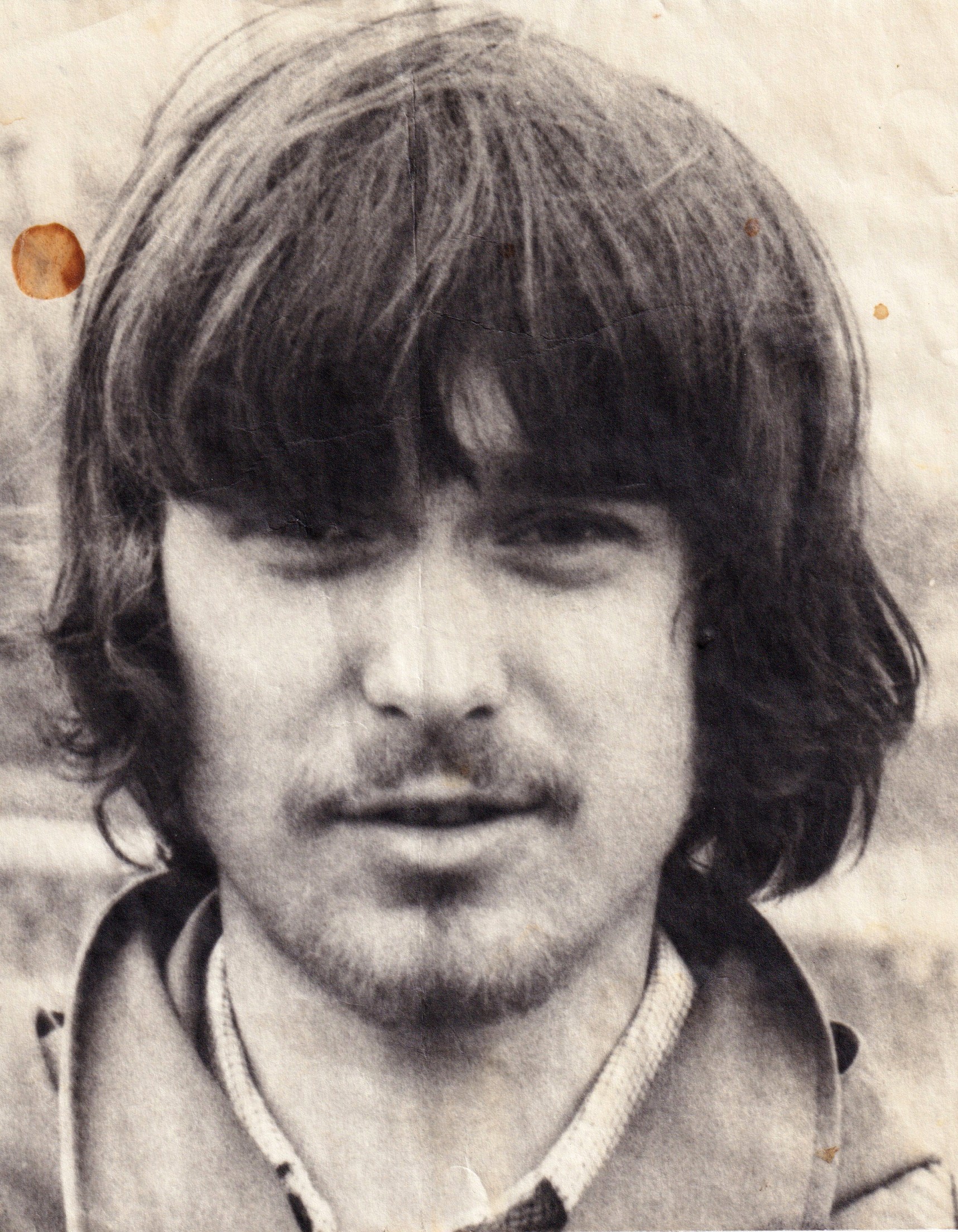I was getting tired of how an artist has to coddle his ego

Stáhnout obrázek
Pavel Novák was born in Pardubice on 19 November 1962. His paternal grandfather‘s farm was taken away by the communists in 1950, his father Bedřich was expelled from high school and sent to a labour camp because of his „kulak“ origin. His mother, Lydia, came from an evangelical family of Procházka, while his mother, Pavel‘s grandmother Emilka, grew up in a family of Volhynian Czechs in the Mykolay region of southern Ukraine. In the early 1930s, when Ukrainian farmers had their seed confiscated, her parents were shot there. It was probably thanks to Masaryk‘s help to the Volhynian Czechs that she was brought to Czechoslovakia at the age of twelve, where she was adopted by the Chyba family. Her grandson Pavel Novák graduated from the Pardubice grammar school and then came to Prague in 1982. He worked as a stoker in dissident boiler houses or as a postman. In 1984 he was admitted to the Academy of Fine Arts for the third time. In addition to his art, he also devoted himself to music and organised St. Nicholas and so-called violet festivals at the school. He took part in the Parník event, when unauthorised bands played on the Vltava River. After the revolution, he taught figure painting at the SUPŠ in Žižkov and curated the U Řečických gallery. In the mid-1990s, he was engrossed in restoration, for example, restoring a Baroque fresco in the Church of the Holy Trinity in Bohuslavice u Hlučína or the Bethlehem Chapel in Žižkov. He was active in the family band Žižkovský dezert and also in the eldership of the Evangelical congregation in Žižkov. He also worked as a book illustrator. He lives in Prague.















